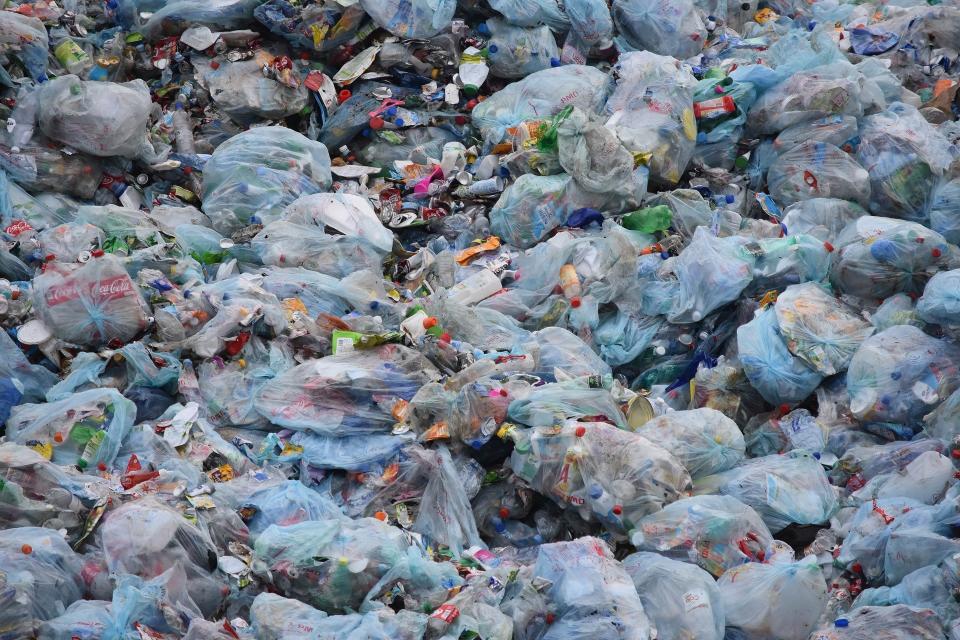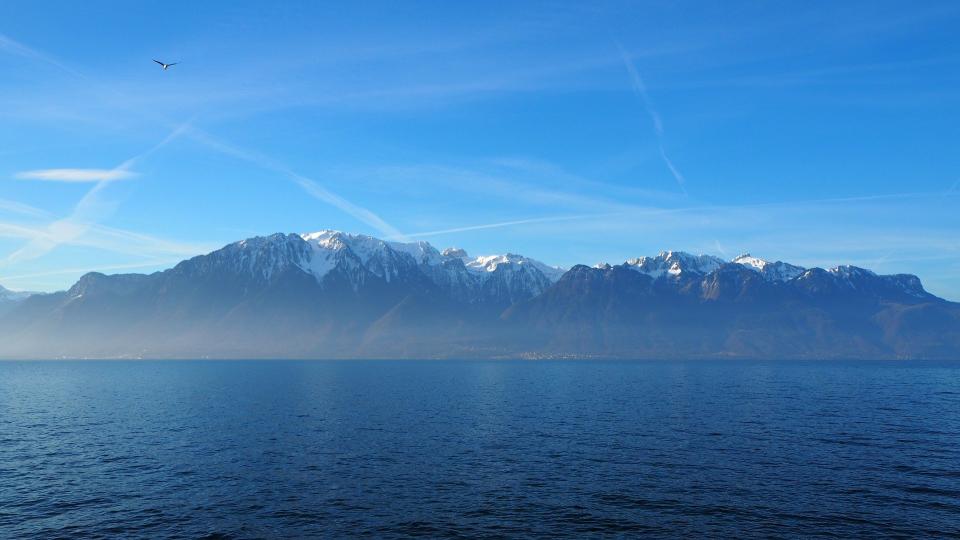Geneva set to ban single-use plastics to tackle high levels of contamination in world-famous lake
The Swiss city of Geneva is set to ban single-use plastics ahead of the European Union, after reports showed high levels of plastic contamination in Lake Geneva.
From January 2020, all plastic straws, cutlery, crockery and cups as well as any other items made of single-use plastic will be banned from public land in the city.
Locations such as kiosks, food stalls, food trucks, ice cream stands and outdoor venues, and any events held in public spaces, will be affected.
The city is among the first in Europe to ban single-use plastics, after France passed a law prohibiting the use of plastic cups, cutlery, straws, cotton buds, and other single-use items from January 2020.
The Geneva ban will come into force ahead of the EU, which is planning to prohibit single-use plastics from January 2021.

In June 2018, as a non-member of the EU, the Swiss government said it would not draw up a law banning single-use plastics.
However, the canton of Geneva is bringing in its own measures to tackle plastic waste, beginning with a ban on free plastic shopping bags in March.
Businesses that fail to comply with the new single-use ban will be fined or could see their licence revoked, according to Geneva city parliamentarian, Guillaume Barazzone.
He told Tribune de Genève that the measure is aimed at “protecting our ecosystem.”
“I hope that operators will really play the game,” he added.

Organisations and businesses will now have the rest of the year to find alternative materials and use up any throwaway plastics in stock.
The ban follows the release of a study which revealed that every year 50 tonnes of plastic end up in Lake Geneva, located on the French-Swiss border.
Commissioned by the Association for the Safeguard of Lake Geneva, the research showed that most plastic waste accumulates in sediment at the bottom of the lake and very little is broken down.
The study led by Julien Boucher of the Federal Institute of Technology in Lausanne estimated that only 10% of the plastic is flushed out of Lake Geneva via the Rhône River.

 Yahoo News
Yahoo News 
